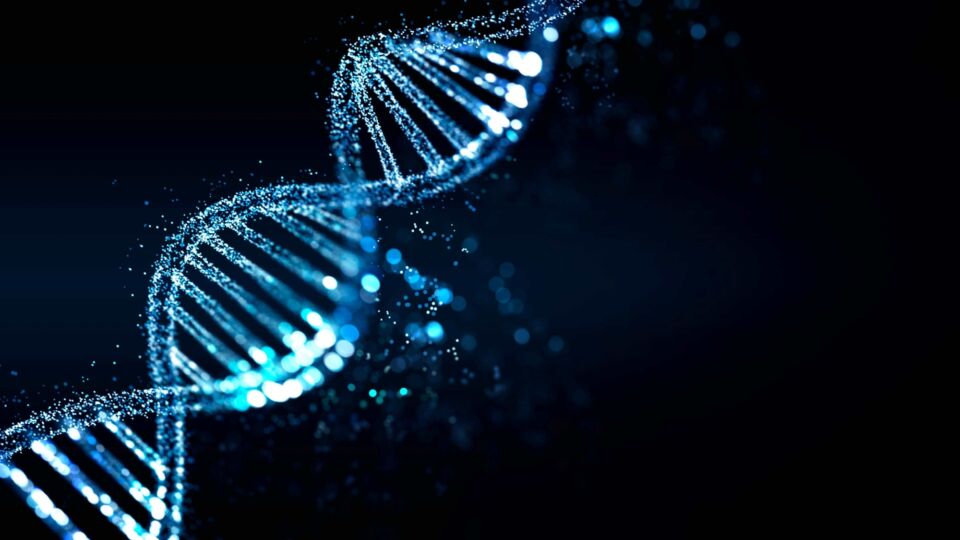Your health is personal. Your cancer screening plan should be, too.
The Genetic Wellness Assessment is a quick questionnaire that reviews your personal and family cancer history. It may help determine whether you could benefit from a genetic consultation or testing.
Before you begin the assessment, try to gather information about your biological relatives (people related to you by blood), specifically those who have had or have cancer and what types. Relatives by marriage or adoption do not affect your inherited cancer risk.
When you have your biological information, this questionnaire should take you less than 10 minutes to complete.
Take the Genetic Wellness Assessment
To schedule an appointment with our team, or for questions, call 504-842-3910. Choose Option 1.



